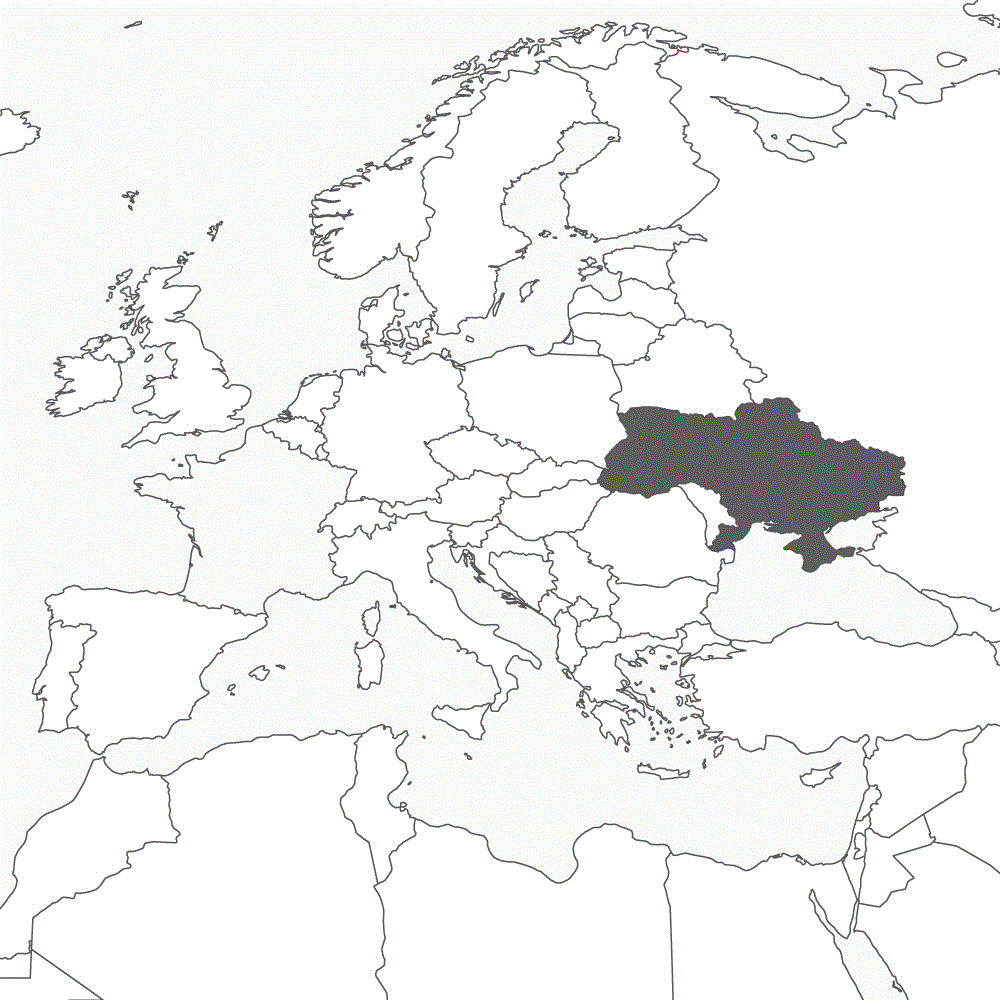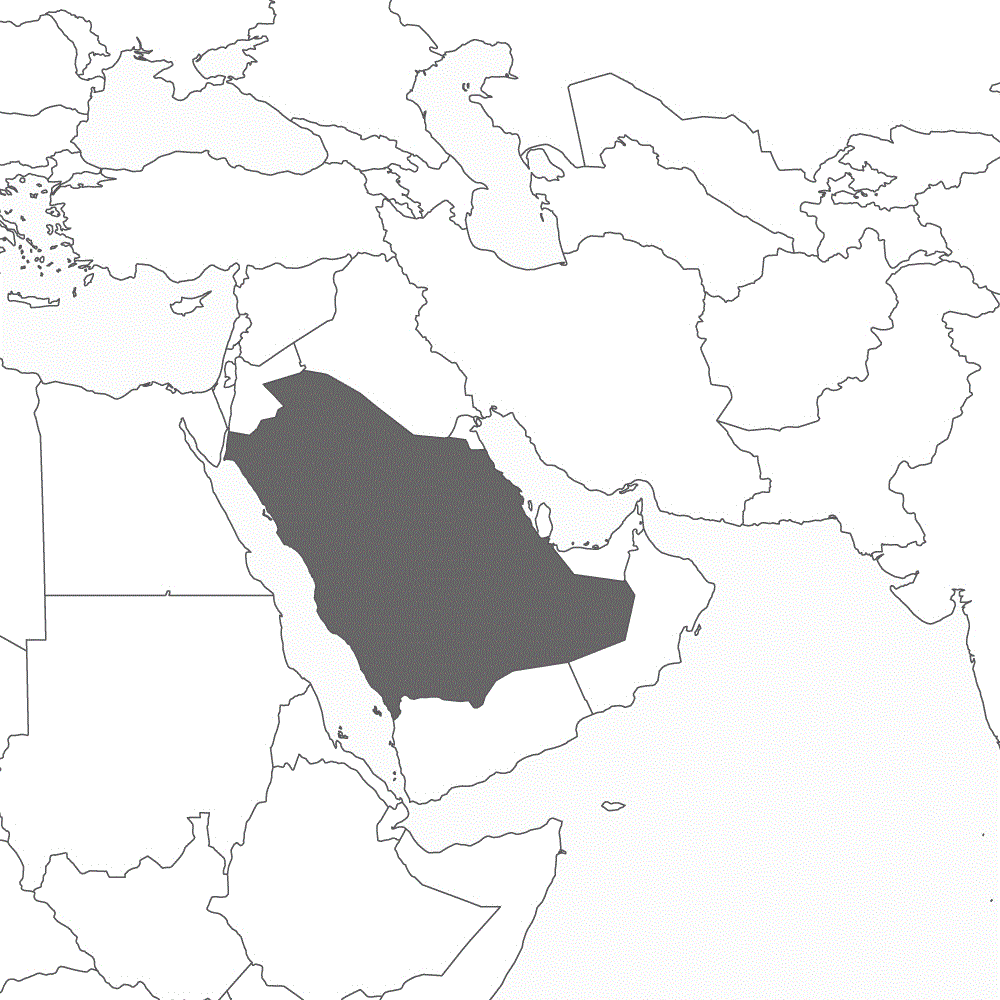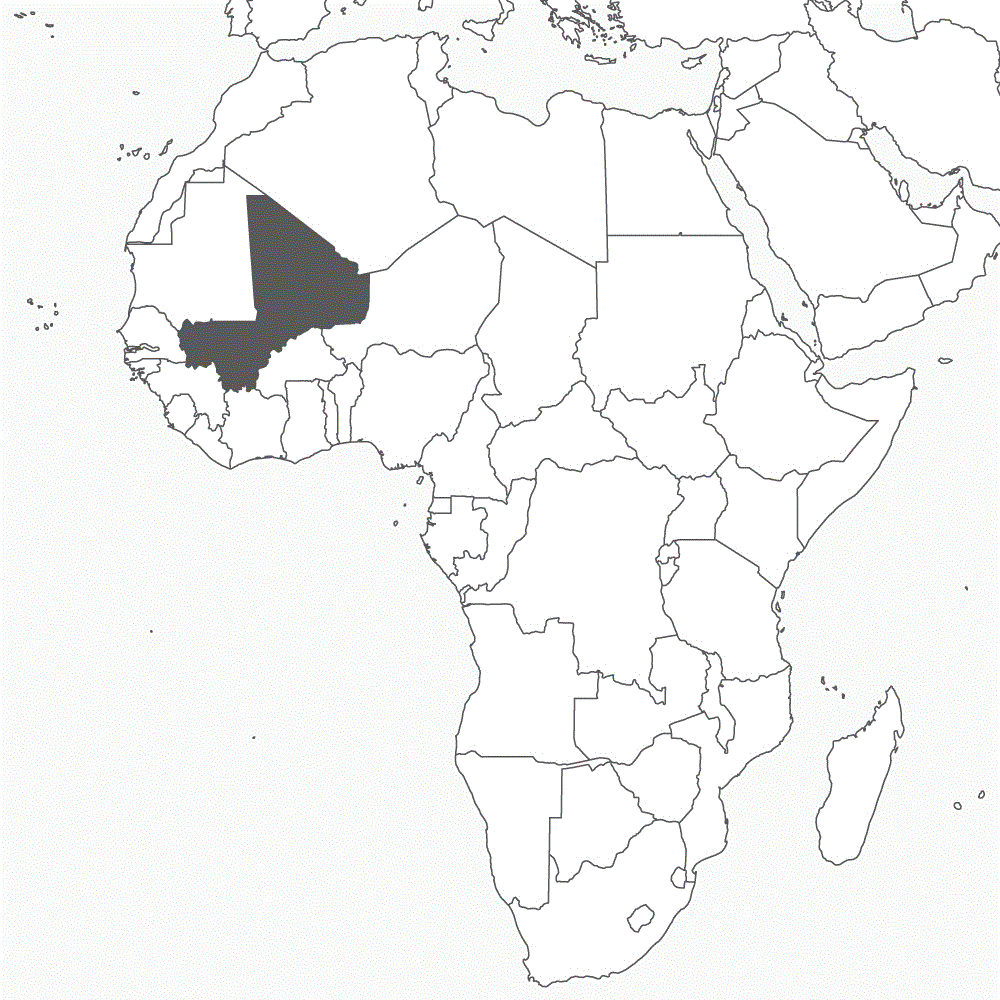BERLIN (Own report) - Germany and the three remaining major West European EU member countries should formulate a joint foreign policy and implement it even without an EU-wide consensus, demands Norbert Röttgen, former Chair of the Committee of Foreign Affairs in the German Bundestag. Such an approach would be inevitable, because a foreign policy consensus in the EU is impossible "within the foreseeable future," although rapid and resolute activity is needed to reach an "equal footing with the USA and Russia." Experts are proposing, as an alternative, the introduction of foreign policy decisions being taken at majority votes. This would mean that EU countries - against the will of their respective governments - could, for example, be forced into serious conflicts with third countries. Reflecting major shifts in the global political fabric, these proposals have become elements of an intense debate within Berlin's political establishment. The German Federal Intelligence Service (BND) is warning against the escalation of conflicts, for example, with China, and the military does not rule out the possibility of Berlin's loss of power, through the potential disintegration of the EU. Read more
KIEV/BERLIN (Own report) - In an Italian TV documentary on the February 20, 2014 Maidan massacre, serious accusations were made against several politicians in Ukraine, including influential politicians, who are Germany's cooperation partners. In the documentary, three Georgians, incriminating themselves for their own participation, report that some of the leaders of the protests, who are today members of Kiev's parliament, had supplied weapons to the snipers, who, at the time, indiscriminately killed policemen and demonstrators. Officially, this massacre is still being attributed to Ukrainian repressive organs or to unspecified Russians. The Georgians also report that the current speaker of the parliament, Andriy Parubiy, was often seen in the hotel, from where the snipers were firing that day. As "Maidan Commander," Parubiy had been in charge of controlling armed gangs on that square. The man, whose real role at the time remains unclear, was a guest at a conference held by the Konrad Adenauer Foundation and a speaker at NATO events. Read more
KIEV/BERLIN (Own report) - Fours years after the beginning of the Maidan protests, serious accusations are being leveled against leading activists of the pro-western opponents of the reigning government, at the time. Three Georgians, who incriminate themselves for their own participation, have told the Italian media that the snipers, who had unleashed the February 20, 2013 Maidan massacre, had allegedly been acting under orders - and with the practical support - of the opposition. Their statements confirm the confessions made earlier - some even in publicly - by other snipers. There has been no reaction from Ukrainian authorities. While Kiev is marking the fourth anniversary of the beginning of the protests this week, more than three-fourths of the population sees their country as plunged into ruin and chaos, according to a poll. The power of the Ukrainian oligarchs is still intact and corruption is becoming rampant. Only anti-Russian measures are being successfully executed including those massively limiting freedom of the press. Read more
BERLIN/RIYADH/TEHERAN (Own report) - The dispute over Riyadh’s aggression against Iran is escalating between Germany and Saudi Arabia. Riyadh has recalled its ambassador from Berlin and cancelled steps to ease the dramatic famine in Yemen, following German Foreign Minister Sigmar Gabriel's accusation that Riyadh had been holding Lebanese Prime Minster Saad Al-Hariri hostage for nearly two weeks in its efforts to escalate the conflict with the Iran-backed Hezbollah. 130 children are dying daily of starvation, caused by Saudi Arabia’s hunger blockade on Yemen. In the Middle East, the German government is trying to maintain a fragile balance between Saudi Arabia and Iran that can be influenced from the outside to strengthen the German-European position at the Persian Gulf. To prevent Riyadh from becoming the future underdog, Germany is thus upgrading the Saudi military and Riyadh, in turn, is relying on German weapons in its efforts to escalate the conflict with Iran and its regional allies. Read more
BERLIN/RIYADH (Own report) - Germany is helping Saudi Arabia establish an independent arms industry. Via its South African subsidiary, the Rheinmetall Group has already set up an ammunition factory in Riyadh, in which Saudi Arabia can produce artillery shells and bombs for its Air Force. Next month, a Rheinmetall manager will be appointed chair of the new arms producer - SAMI (Saudi Arabian Military Industries). Saudi Arabia, which competes with Russia for the third place of countries with the highest military budgets, is seeking to buy half its weaponry eventually from domestic companies. SAMI should thus become one of the 25 most important arms manufacturers in the world - with close contacts to US arms manufacturing giants and the EU's military industry. This project is being launched at a time when Riyadh is on an extremely aggressive course, to win a power struggle with Iran for predominance in the Middle East. Read more
BERLIN/RIYADH (Own report) - Despite Saudi Arabia's sea blockade, starving Yemen, Germany continues upgrading the Saudi Coast Guard's weaponry. At the beginning of November, a cargo vessel carrying two patrol boats for Saudi Arabia left the Baltic Sea headed for the Red Sea. The Saudi Coast Guard is also operating in Yemeni waters, where Riyadh has been blocking the entry of food, fuel and medicine into Yemen since 2015. Saudi Arabia is also blocking container ships with humanitarian aid supplies, which had been inspected for possible arms smuggling and given United Nations clearance. Even vessels transporting medicine under UN control were delayed for months permitting a significant portion to expire. The number of suspected cholera infections is climbing toward a million. The famine caused by Riyadh - also possibly using German patrol boats - could cost "millions" of lives, the United Nations estimates. Read more
BERLIN (Own report) - According to Germany's Ministry of Defense "notification" for the expansion of THE EU's military cooperation will be given at the beginning of next week. As the ministry announced, "more than 20 EU member countries" are expected to sign up to "PESCO" at next Monday's EU defense ministers meeting. Within the PESCO framework, an EU Army - still opposed by some EU member countries - is to be initiated "from below." First plans include the establishment of a logistics hub and a core element of a military headquarters in Brussels. "We Europeans must finally take our defense into our own hands," says the CDU parliamentarian and foreign policy expert Elmar Brok. These measures taken by the EU are designed to supplement a merger of European armed forces, which Berlin is also promoting within NATO, for example with the subordination of foreign military units to German command. The defense ministry declares that this is "a grassroots issue." Read more
KIEL/KALKAR/INGOLSTADT/BERLIN (Own report) - In view of the power struggle with Russia, German military officials are strongly emphasizing the importance of the "Center of Excellence for Operations in Confined and Shallow Waters" for NATO's naval activities. The Center, based in Kiel, was founded ten years ago and is becoming a "magnet" for states bordering the Baltic Sea, which in growing numbers are joining the center out of fear of armed conflict with Russia, according to experts. Like NATO's other 23 Centers of Excellence, the center in Kiel elaborates strategies, analyzes military developments and conducts advanced training courses for senior staff members from NATO states. All but one of NATO's Centers of Excellence are located in Europe and are coordinated by a French NATO commander - a sign that NATO's "European pillar" is seeking to play a key role in the war alliance's further development. Read more
BERLIN/PARIS/BAMAKO (Own report) - Nearly five years after the European military mission was launched in Mali, experts are describing the country's situation as a disaster and warning against Berlin and Paris' further militarization of the Sahel. Mali "has never" seen "such a level of violence" as "currently," says a former French diplomat. The regional conflicts cannot be solved militarily, explained the International Crisis Group, a pro-western think tank, using the example of a Burkinabe province at the border with Mali, where, even though it was possible to suppress jihadi unrest, for the time being, the conflict can again flare up at any time, because the reasons for the unrest have not been dealt with. Nevertheless, the German government supports the creation of an intervention force of the "G5 Sahel" group of countries, which launched its first military operation yesterday. Despite the disastrous consequences of militarization, the Bundeswehr is using the Mali mission as the focus of its PR campaign. Read more
GERMAN-FOREIGN-POLICY.com
Information on German Foreign Policy: News + Interviews + Analyses + Background


